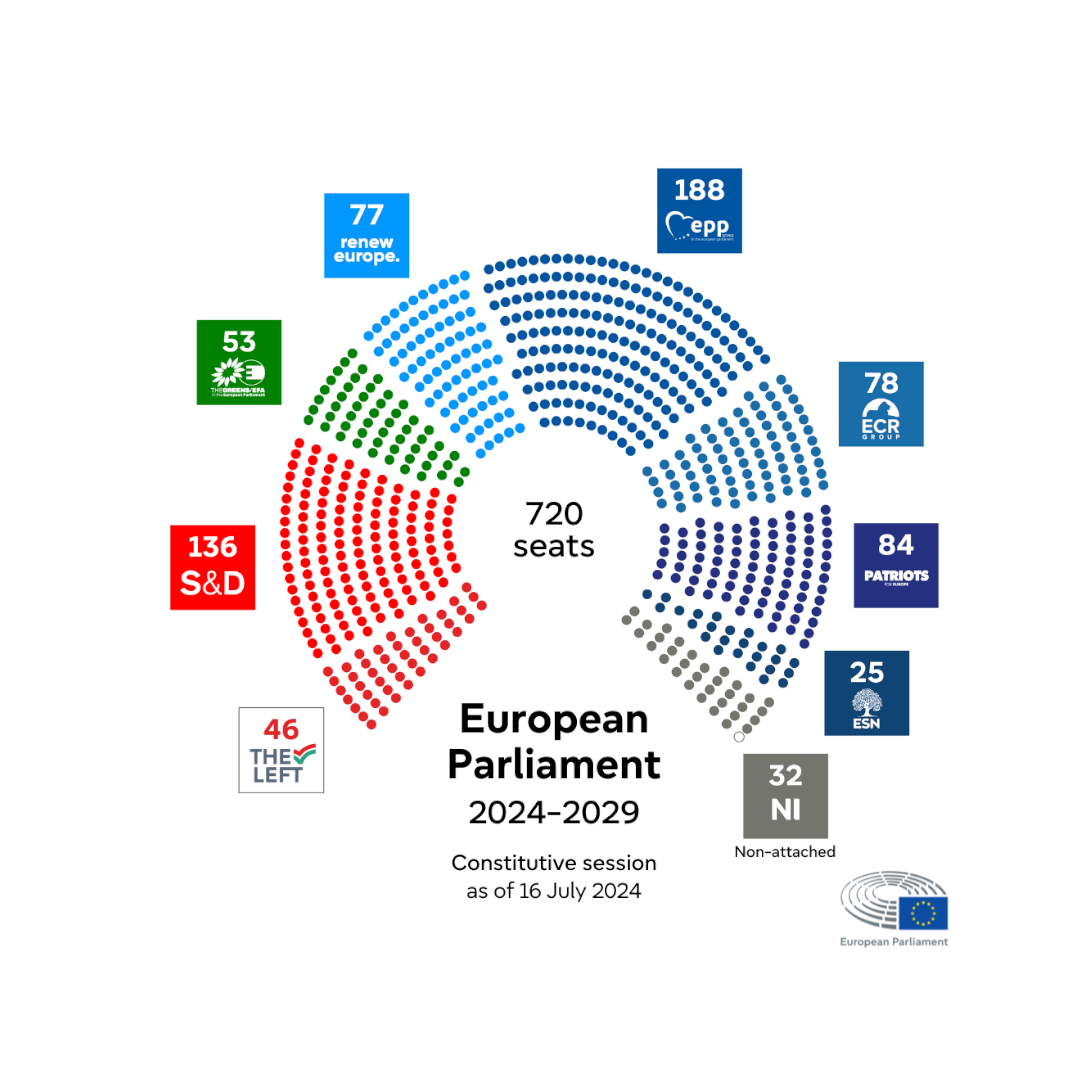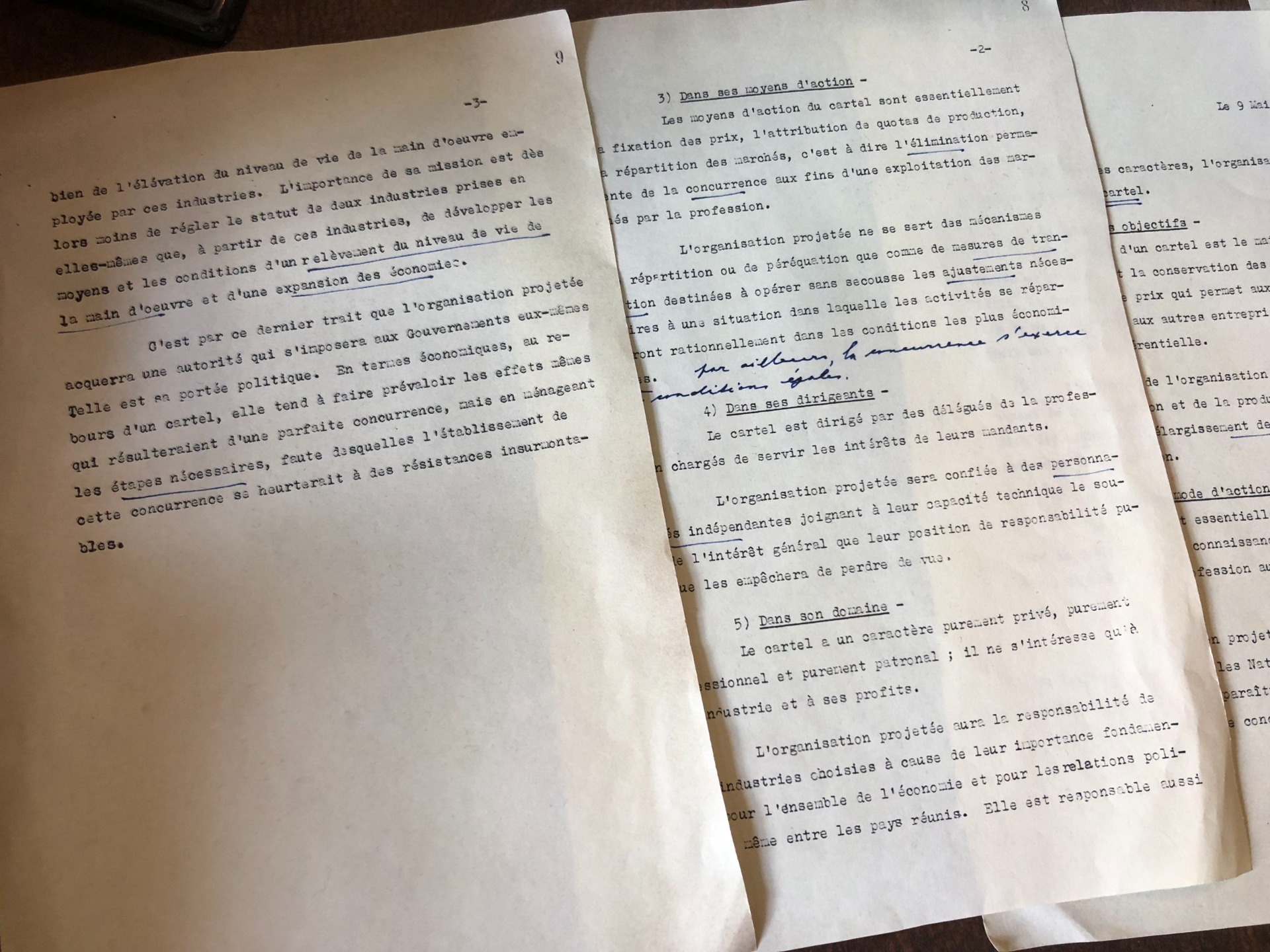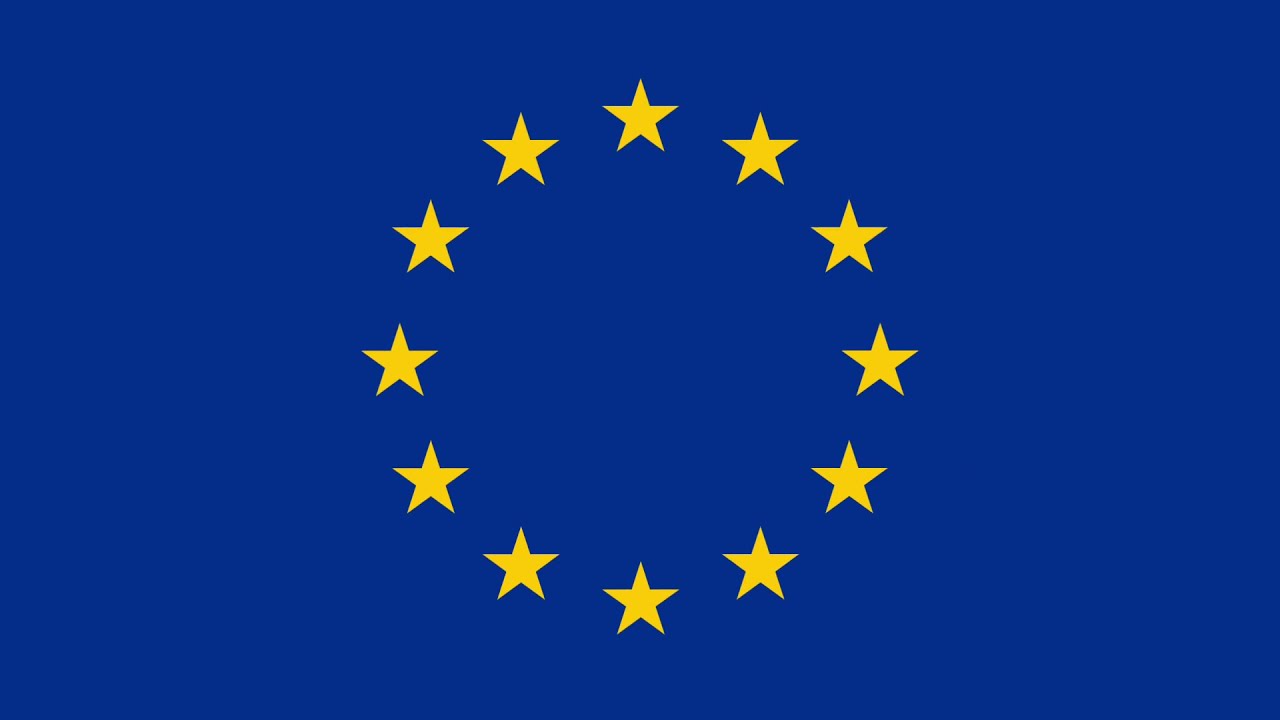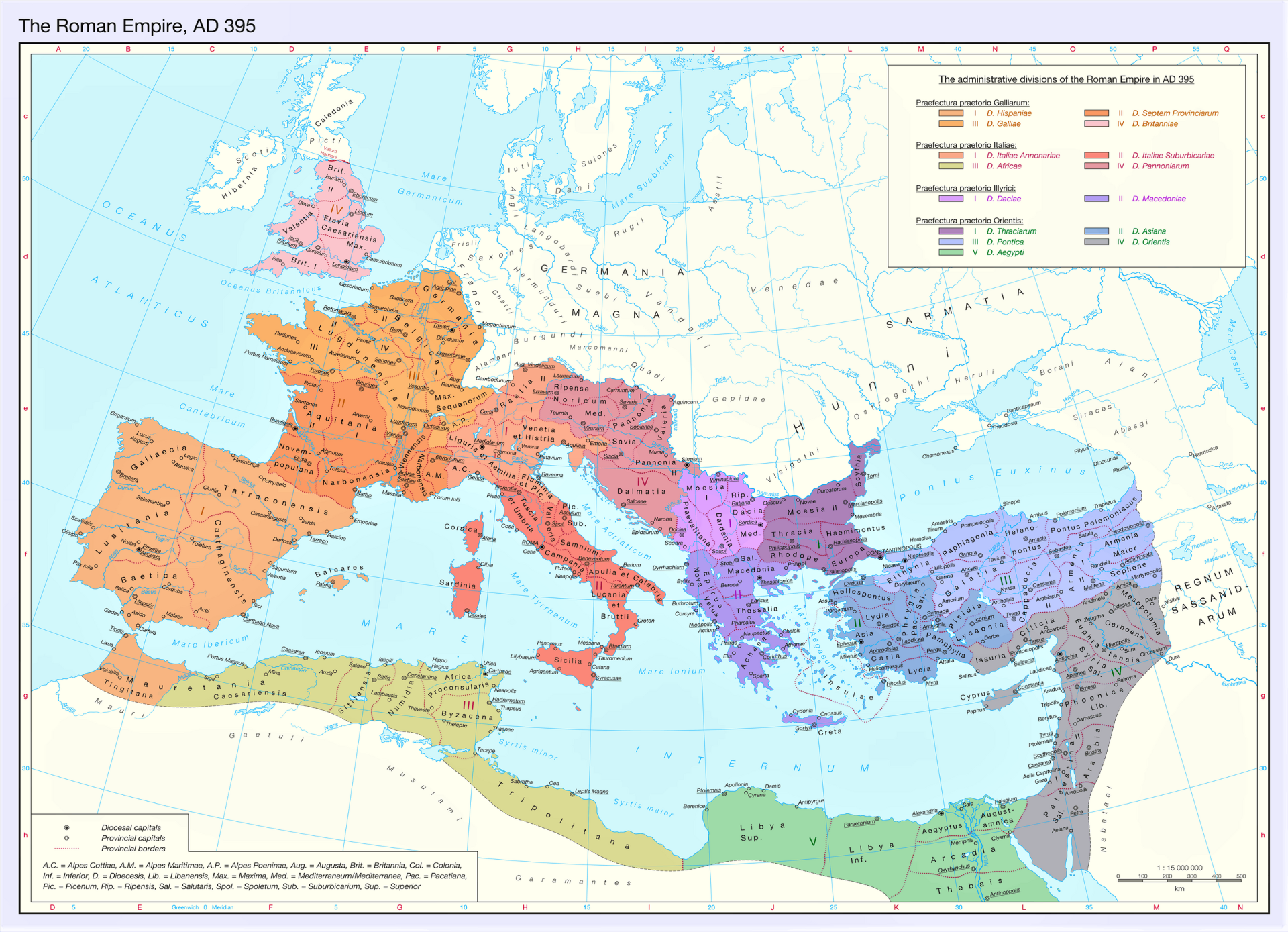NEWS, OPINION, ANALISIS
Hello everyone and welcome to our blog, where we delve deep into the rich and complex tapestry of European history, politics, philosophy, and culture. From the rise and fall of empires to the intellectual movements that have shaped modern thought, we explore the pivotal moments and ideas that have influenced the continent.
We also focus on the European Union: its institutions, policies, and the profound impact it has on both Europe and the world.
We hear about the EU from school or high school, but we often don't fully understand how it influences our daily lives. Did you know that thanks to the EU we can travel without a passport in many countries, study abroad with Erasmus or even enjoy products with common quality standards?
In this blog you will find:
- Summaries on the history of the EU and its institutions
- Explanations of its economic, social and environmental policies
- Fun facts about the member countries and their cultures
- Reflections on the challenges and future of the EU
My idea is to make this an interactive space, so if you have questions or suggestions on a particular topic, please post in the comments! Together we can learn more about this great project that unites millions of people in Europe.
See you soon!





